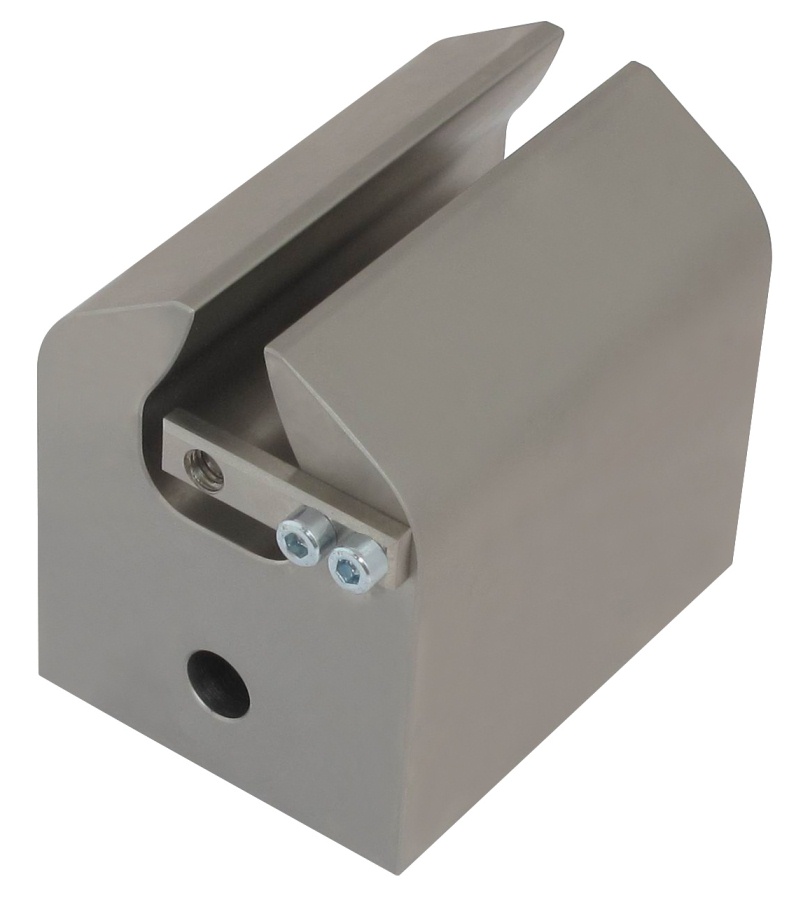ISO 6259-1 Test Fixture
This part of ISO 6259 specifies a method of determining the tensile properties of thermoplastics pipes, including in particular the following properties:
Please Contact With Us For More Information
ISO 6259-1 Thermoplastics Pipes — Determination of Tensile Properties
Part 1: General Test Method
This part of ISO 6259 specifies a method of determining the tensile properties of thermoplastics pipes, including in particular the following properties:
Stress at yield point;
Elongation at break.
This part of ISO 6259 is applicable to all types of thermoplastics pipe, regardless of their intended use.
Apparatus
Tensile-testing machine, complying with ISO 5893 and meeting the specifications given in 4.2 to 4.4, as follows.
4.2 Grips, for holding the test piece and attached to the machine so that the major axis of the test piece coincides with the direction of pull through the centreline of
the assembly.
This can be achieved, for example, by using centering pins in the grips.
The test piece shall be held such that slip relative to the grips is prevented as far as possible and this shall be effected with the type of grip that maintains or increases pressure
on the test piece as the force applied to the test piece increases.
The clamping system shall not cause premature fracture at the grips.
4.3 Load indicator, incorporating a mechanism capable of showing the total tensile load carried by the test piece when held by the grips.
The mechanism shall be essentially free from inertia lag at the specified rate of testing, and shall indicate the load with an accuracy of within 1 % of the actual value.
Attention is drawn to ISO 5893.
4.4 Extensometer, suitable for determining the gauge length of the test piece at any moment during the test.
The instrument shall be essentially free from inertia lag at the specified test speeds and shall be capable of measuring deformation to an accuracy of within 1 %.
Where a mechanical extensometer is used, this shall be fixed to the test piece in such a way that the test piece undergoes the minimum damage and distortion and
no slip occurs between it and the extensometer.
The measurement of elongation of the test piece on the basis of the movement of the grips lacks accuracy and shall be avoided whenever possible.
*** Before conducting ISO 6259-1 , it is important to read the entire specification. Standards can be obtained from appropriate standard authorities.






